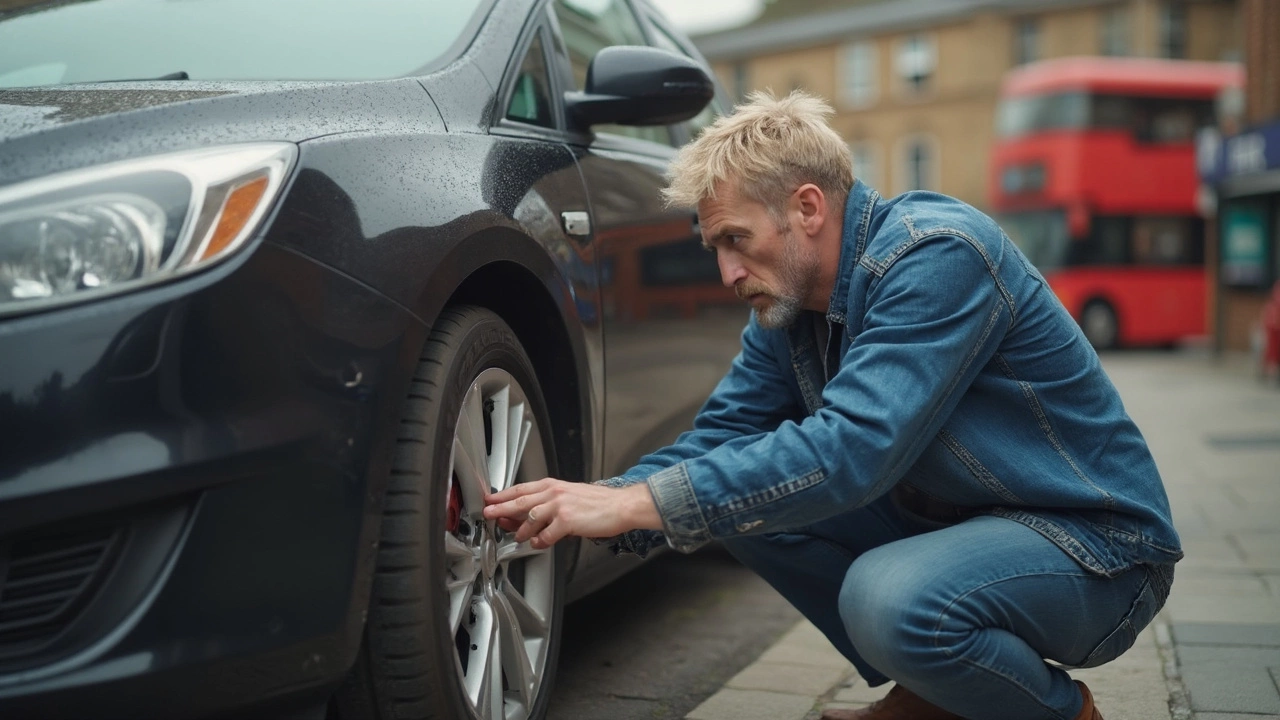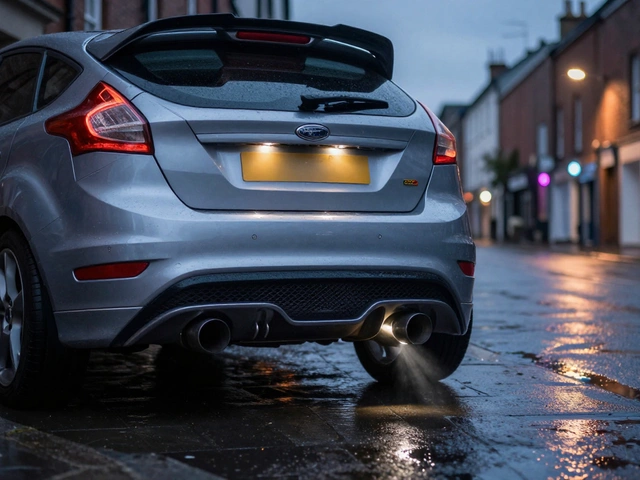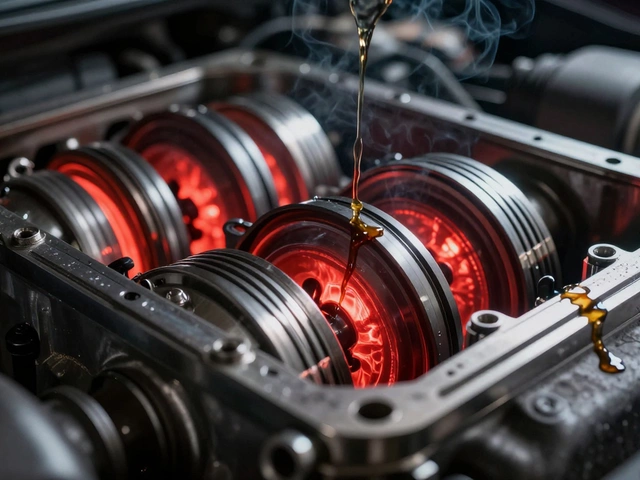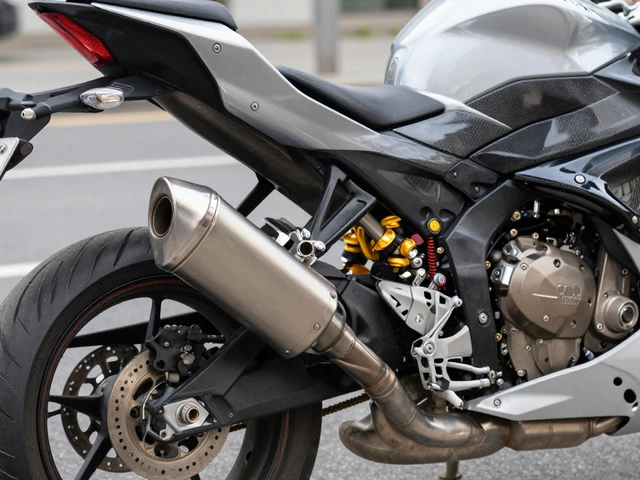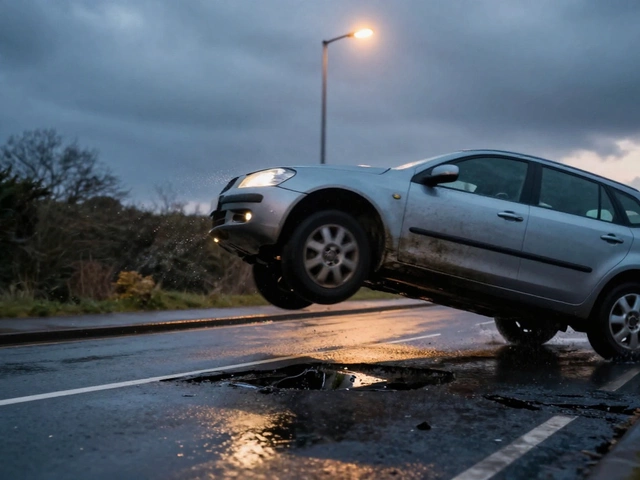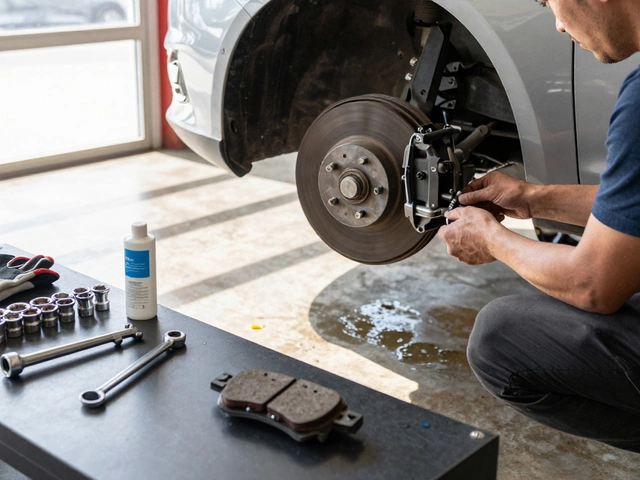Brake Repair: Signs, Costs, and What You Need to Know
When your brake repair, the process of fixing or replacing worn or damaged components in a vehicle's braking system to restore stopping power and safety. Also known as brake service, it’s one of the most critical maintenance tasks for any car. Ignoring brake issues doesn’t just mean longer stopping distances—it means risking your life and others’. Your brakes aren’t just rubber and metal. They’re a system: pads, rotors, calipers, fluid, and sensors all working together. If one part fails, the whole system suffers.
Most people don’t realize how often brake problems sneak up. A squeal when you slow down? That’s your brake pads screaming for help. A vibration in the pedal? That’s usually warped brake rotors, the metal discs that brake pads clamp down on to stop the wheels. Also known as disc brakes, they wear unevenly over time and can crack if ignored. A soft pedal or a warning light? That could mean air in the lines or low brake fluid, the hydraulic fluid that transfers force from the pedal to the calipers, enabling the pads to press against the rotors. You don’t need to be a mechanic to spot these signs—you just need to pay attention.
Brake repair isn’t always expensive, but waiting makes it worse. Replacing brake pads before the rotors get damaged can save you hundreds. Some shops push full rotor replacements when resurfacing would do. Others skip checking calipers, which can stick and cause uneven wear. The key is knowing what’s actually wrong. Most brake issues start small: a faint noise, a slight pull to one side, or a pedal that feels different than usual. These aren’t "maybe" problems—they’re clear signals.
And it’s not just about safety. Bad brakes reduce fuel efficiency, stress other parts of your suspension, and can even trigger false error codes in your car’s computer. A single worn pad can turn into a $1,200 repair if you delay. But catch it early? You’re looking at a $150 fix and 30 minutes of your time.
Below, you’ll find real guides from drivers who’ve been there—how to tell if you can skip rotor replacement, what causes brake noise, when to trust your gut, and how to avoid being overcharged. No fluff. Just what works.
